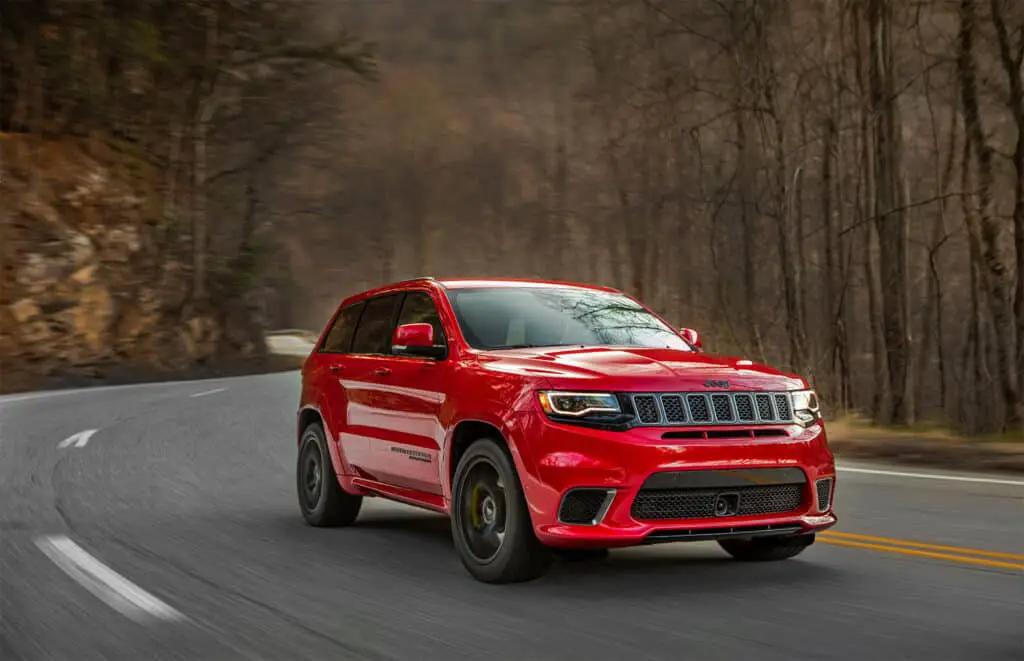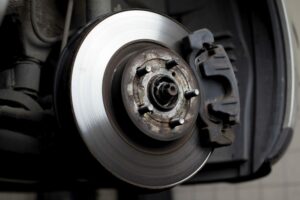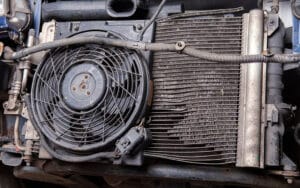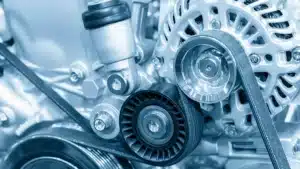The Differences Between Leasing and Buying a Jeep Grand Cherokee

The Differences Between Leasing and Buying a Jeep Grand Cherokee
So, you’ve decided to get a Jeep Grand Cherokee, and you can’t wait. We don’t blame you; the venerable SUV has been popular for ages. Now, there are two ways you can get your hands on one: you can either buy it or lease it. Like anything else, there are ups and downs for each method. Typically, the one you choose will come down to your lifestyle and pocketbook. Here are the differences between leasing and buying a Jeep Grand Cherokee.
The Issue
Doesn’t it seem as if life is non-stop decision making? Well, you’re not far off. And one big decision, when it comes to getting into your next ride, is whether to buy or lease. The answer lies somewhere amid what you want out of your Jeep and what you can afford.
The Basics
When you lease a vehicle, you’re essentially entering into a rental agreement that has an end date. When the contract ends, you return the vehicle to the dealership.
On the other hand, when you buy a vehicle, unless you paid cash, you’re basically making payments to own it. One of the main considerations here is depreciation, which vehicles are quickly subject to. Another factor to keep in mind is that warranties typically only last for three or four years.
If you finance your Jeep Grand Cherokee, you’re going to fork over the vehicle’s entire cost over the course of the loan. With leasing, you’ll shell out the difference between the ride’s sale price and its depreciated value over the lease term.
Financing Upsides and Downsides
Zero-percent financing offers abound for those who qualify. And once you pay off your loan, the Jeep is yours and there’s no monthly payment. But you should understand that popular models equate to high demand. That, in turn, can lead to higher prices. So, be wary of dealer markups when considering all-new models.
Buying a vehicle also gives you the freedom to do mods to your heart’s desire. If you wish to tune the engine or lift the suspension, you can go for it. And you can put as many miles on the Grand Cherokee that you want, keeping in mind that as those miles add up, you’re closer to being out of warranty. Compared to leasing, you’ll also pay more each month to finance the SUV.
Leasing Upsides and Downsides
If you know nothing else about leasing, you likely know this: payments are lower than they are with financing. This also means that you can usually afford a nicer ride than you would if you were financing. Yes, there are mileage caps with leasing that you’ll have to contend with, but if you don’t have a long daily commute, you should be fine with one of the many Jeep Grand Cherokee lease deals available. What’s more, leasing is for you if you’re the type that likes to be in a new model every few years.
Note that right now, with the ongoing pandemic and its effect on the economy, leasing may be the right call. Why? Because at a time when emergency savings are key, those lower lease payments – and little to nothing down — could really come in handy.
Now that you know the differences between leasing and buying a Jeep Grand Cherokee — and the benefits in this economy of leasing — take the time to run the numbers and figure out what’s best for you. But hey, we’re talking about a sweet Jeep Grand Cherokee, so you can’t lose either way.
Lucas Noah is a tech-savvy writer with a solid academic foundation, holding a Bachelor of Information Technology (BIT) degree. His expertise in the IT field has paved the way for a flourishing writing career, where he currently contributes to the online presence... Read more







